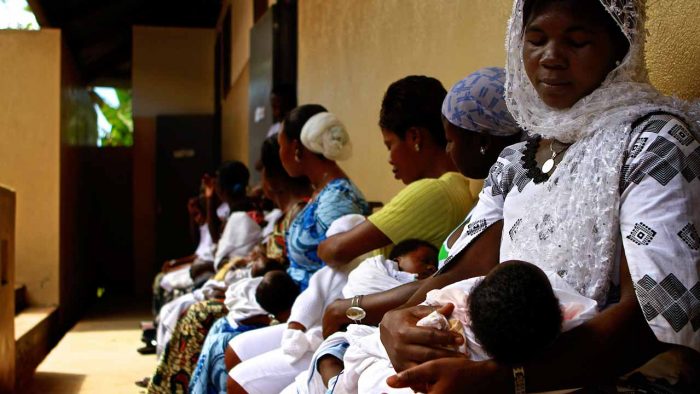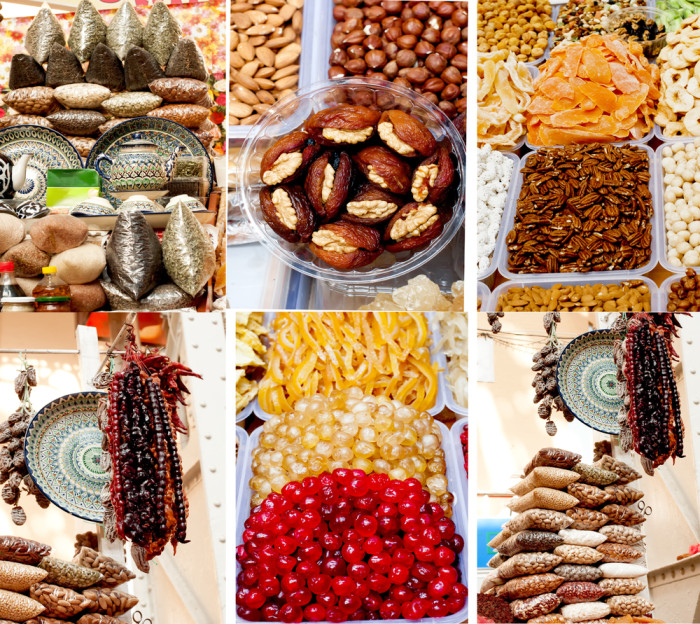Experts have emphasised on the need for Nigerians to embrace family planning fully as part of measures to curb maternal and infant mortality in the country.
They lamented that despite the drop in the fertility rate from 5.5 percent in 2013 to 5.3 percent in 2018, according to the Nigeria Demographic Health Survey (NDHS), with a two-percent increase in the total contraceptive prevalence rate (CPR) from 15 percent to 17 percent, the acceptance rate of family planning in some communities still remain low due to several barriers such as religion, culture and fear of the unknown among others. The implications, they said, remain multiple pregnancies and births, population explosion that puts pressure of the nation resources, as well as unsafe abortions, which increases the risk of maternal and infant mortality in Nigeria.
Speaking at a two-day media workshop on sexual reproductive health and rights, organised by Marie Stopes International Organisation Nigeria (MSION) in Ibadan, Oyo Sate, the Director Programme Operation, Emmanuel Ajah lamented that religion, sociocultural inhibitions and stigma, especially in rural communities, are discouraging women to demand for reproductive health care services. He said these pose great danger to the women and the society, as maternal mortality would be very high, especially with the belief held against birth control and population explosion regarded as a blessing by the communities.
Ajah said most of the women, in a bid to reduce childbearing, eventually engage in unsafe abortion, which end up costing their lives, as they fail to embrace contraceptive/family-planning commodities. “Unsafe abortions is the third leading cause of maternal deaths in Nigeria, and an overwhelming health problem in the country, yet it has not generated enough policy attention. Women who die from unsafe abortion are all pregnancy related, as millions of women have unmet need for family planning
“Other reasons for seeking abortion are too many frequent pregnancies, lack of awareness on fertility management, contraception failure, lack of access to quality family planning information and/or services,” he said.
Also speaking, the Head, Marketing and Strategic Communication, Ogechi Onuoha said Nigeria as country is very complex with different religious and ethnic backgrounds, which require massive awareness and sensitisation movement in certain states that are yet to accept family planning as a means of reducing maternal mortality. She said all stakeholders including the government must work together to address the socio-cultural norms such as, religious tenets, and women’s lack of decision-making power related to sexual and reproductive health to improve maternal survival in the country.
Onuoha said there must also be improvement in the family planning programmes in communities, as well as the availability of and access to services and commodities to slow the rate of population growth, which would put the country on a path to a healthier future for women and families.
“The focus is on dispelling myths and misconceptions about family planning, expanding the provision of family planning services and supplies to the last mile, and enabling an environment in which women and girls make informed choices on their health,” she added.


